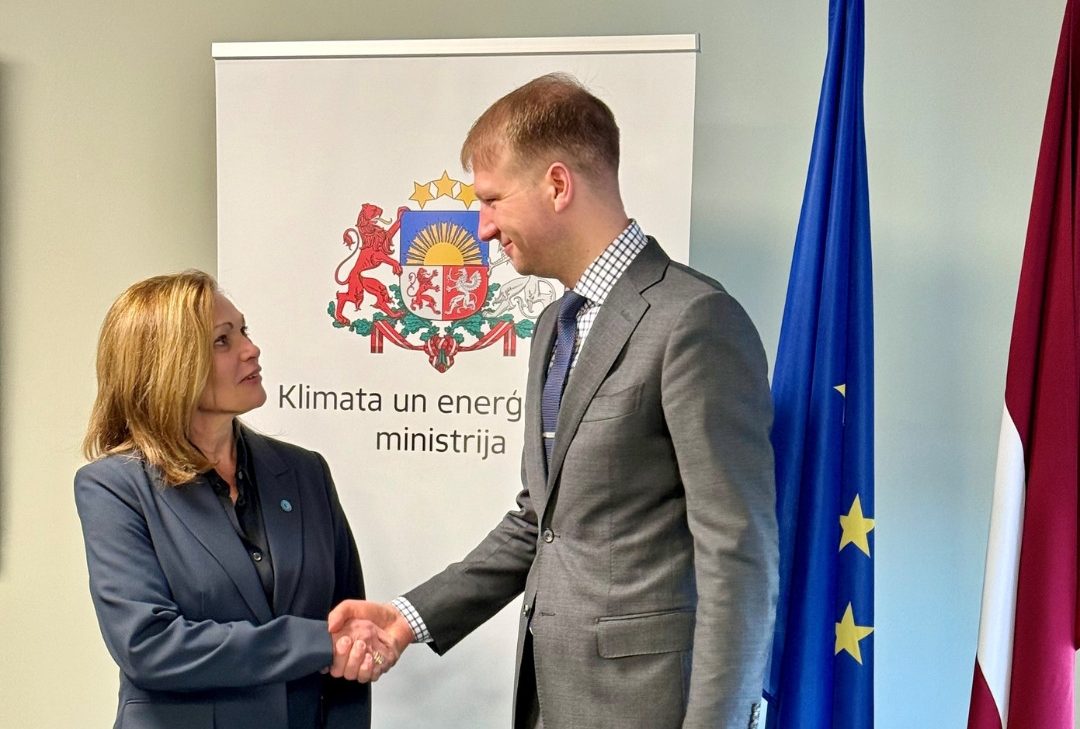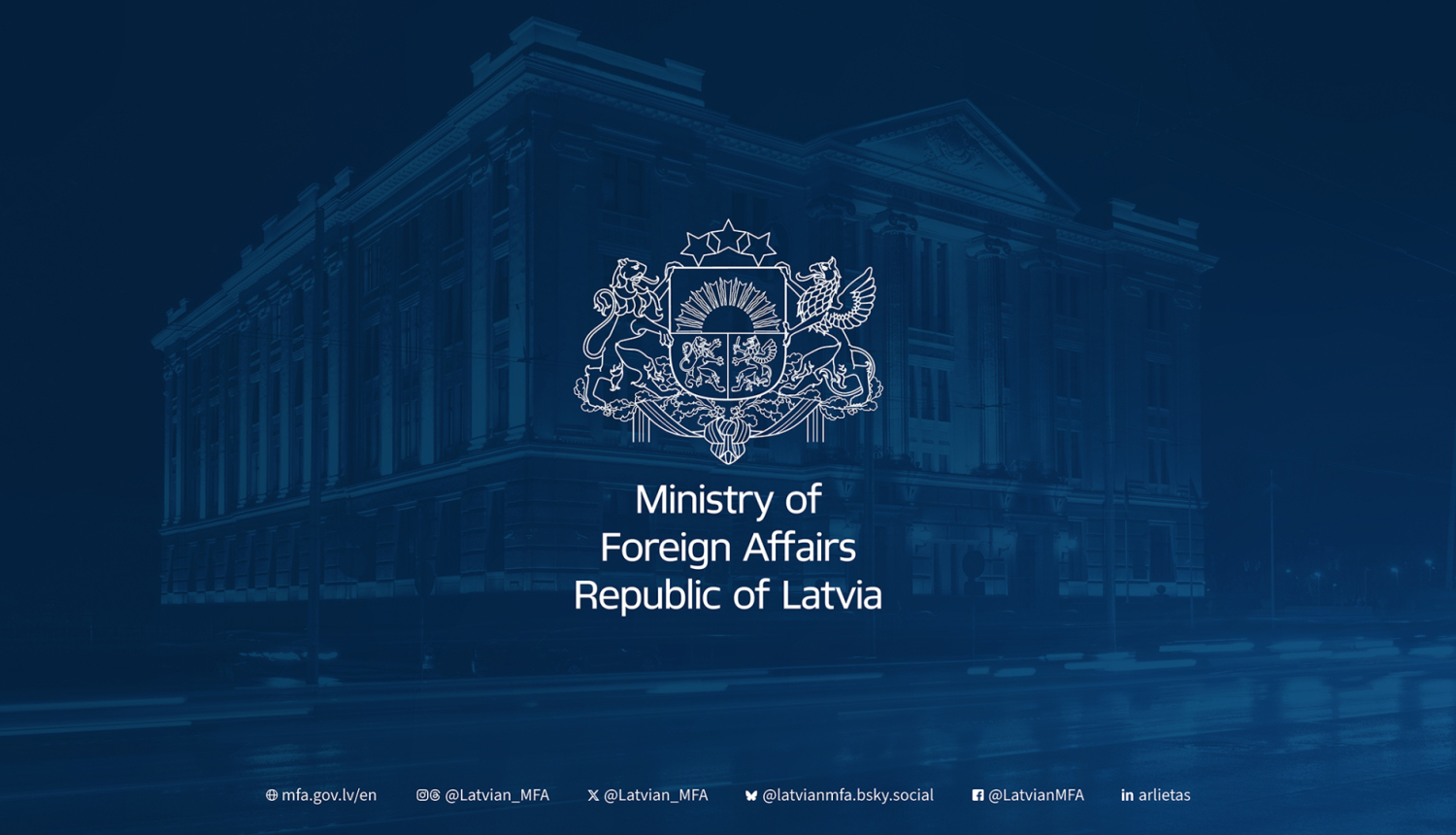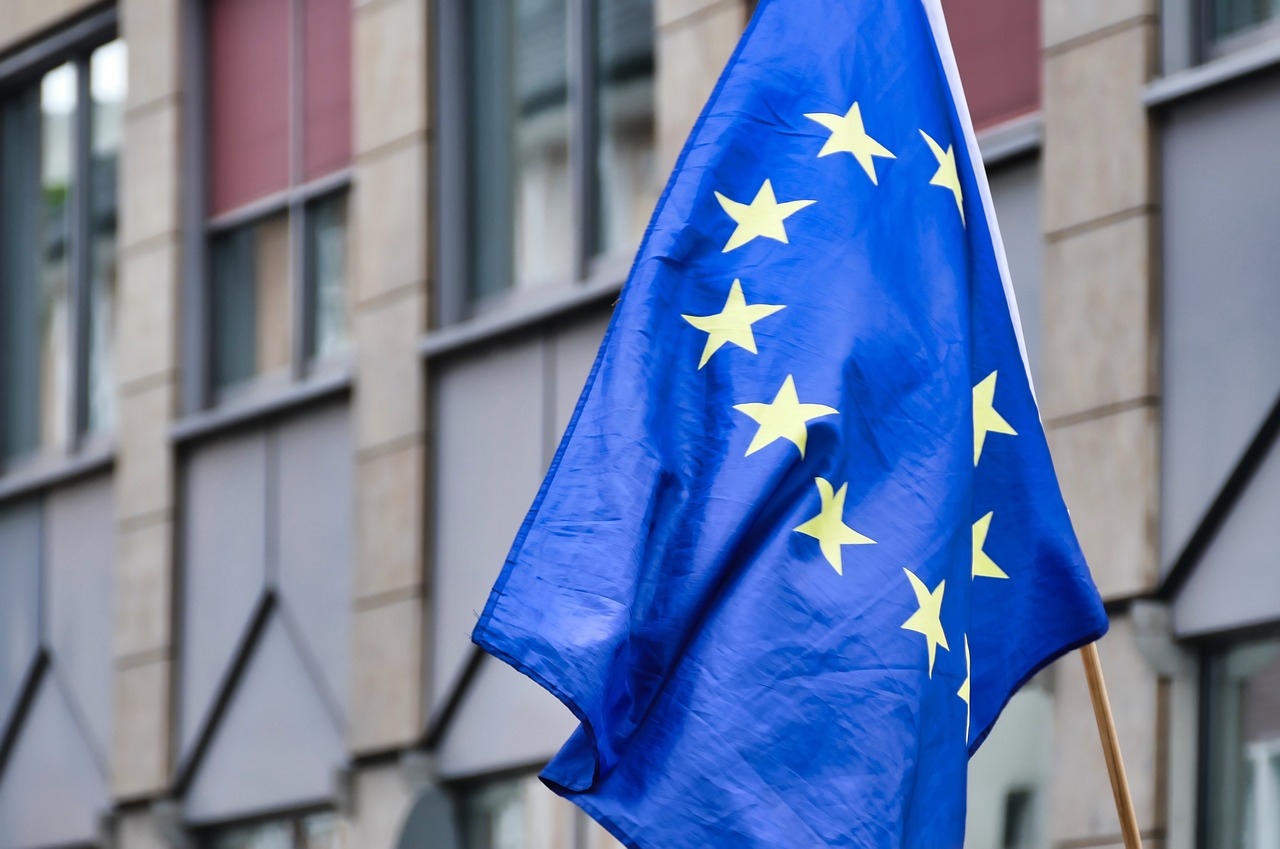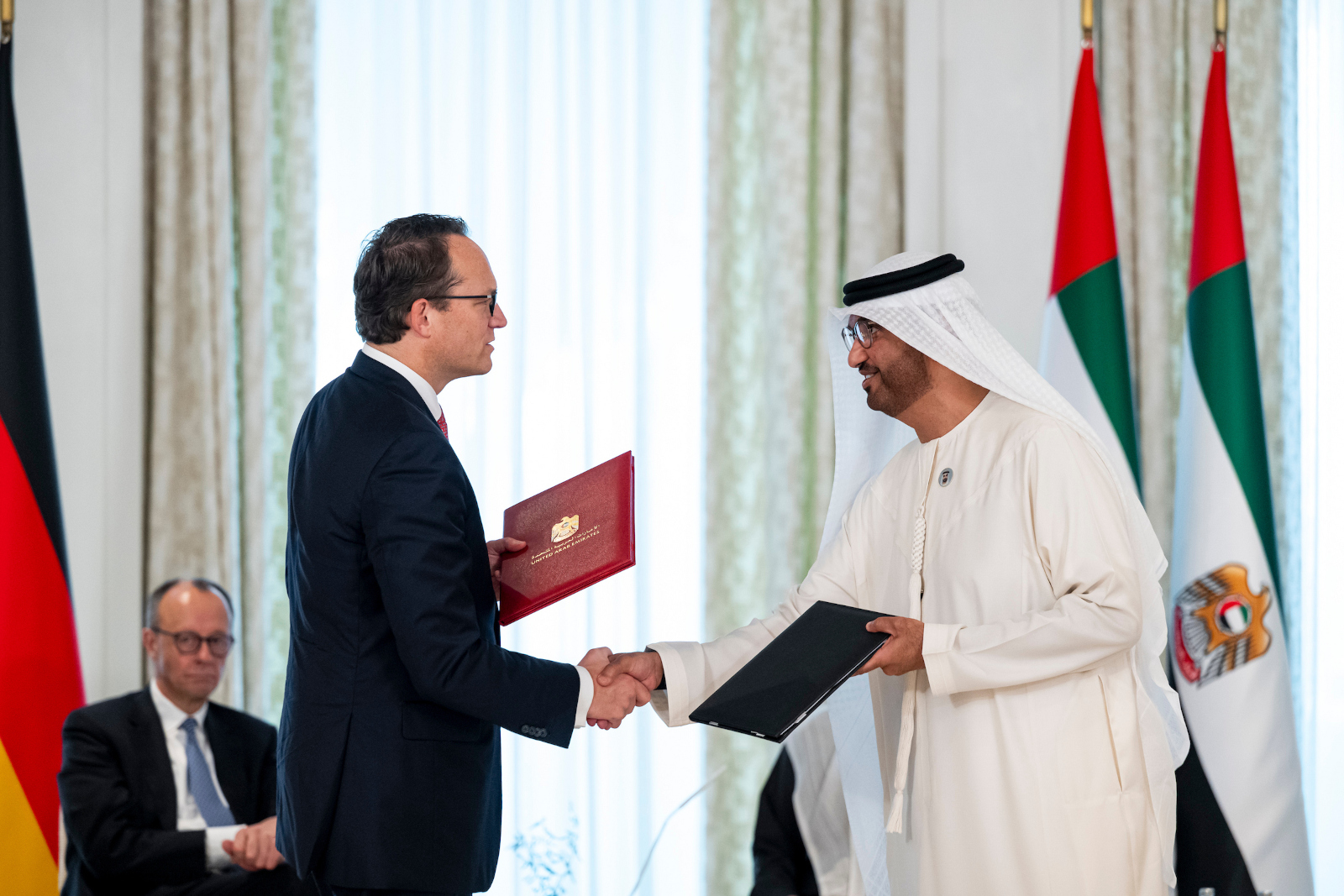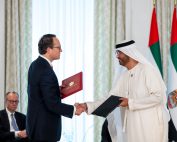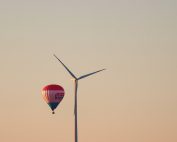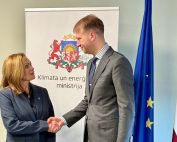While some developers in the wind energy sector have a lot of experience with onshore wind parks, they lack experience with offshore wind parks. For this reason, local companies cooperate with foreign companies in order to make the best use of local market knowledge and offshore wind industry experience – said Urtė Daškevičiūtė, Executive Director of Lithuanian Wind Power Association, in an interview with BalticWind.EU. The interview was published in our quarterly report LITHUANIA Q4 2021.
Patrycja Rapacka: How does the industry in Lithuania consider the development of offshore wind energy?
Urtė Daškevičiūtė: What surprised me is that there are a number of Lithuanian companies specializing in offshore wind, but because we don’t yet have offshore wind parks, they tend to operate in countries such as Germany, the Netherlands, Denmark, etc. Now that the possibility of having an offshore wind park seems real, we are seeing a number of Lithuanian companies looking back to Lithuania. Overall, the industry as a whole sees many business opportunities to contribute to the construction of our first offshore wind park, regardless of whether they have a lot of experience in working directly with offshore wind or have worked in similar fields. However, it is important to note that the offshore wind supply chain needs to grow steadily in order to meet the EU’s offshore wind targets, and I believe that over time there will be a growing number of companies in Lithuania and abroad that are developing the offshore wind sector.
Do you see any interest among Lithuanian companies to take part in offshore projects?
While some developers in the wind energy sector have a lot of experience with onshore wind parks, they lack experience with offshore wind parks. For this reason, local companies cooperate with foreign companies in order to make the best use of local market knowledge and offshore wind industry experience. However, this is not compulsory. Any company wishing to tender for offshore wind can do so, whether it is local, foreign or a partnership. Of course, there are certain requirements that prevent you from participating if your company poses a threat to national security. Both Lithuanian and foreign companies are very interested in the forthcoming offshore tender.
What do you think about Lithuanian activities in the offshore wind sector so far – are they effective and well-thought-out?
The industry is eager to participate in the offshore market, but it is essential that governments provide visibility on volumes and revenue schemes to ensure long-term confidence in the investment needed. The most important is the clarity and transparency in the offshore tendering processes and consulting social partners whenever planning renewable projects of such capacity is not just an option, but a necessity. The Parliament has proposed to change the offshore support model to a slightly different version than originally thought. The support period and the basic model remain unchanged – a two-way CfD for 15 years – but what changes is that bidders will now compete not only on the initial price but also on the volume of support…
The full interview is available in BalticWind.EU Country Report LITHUANIA Q4 2021


